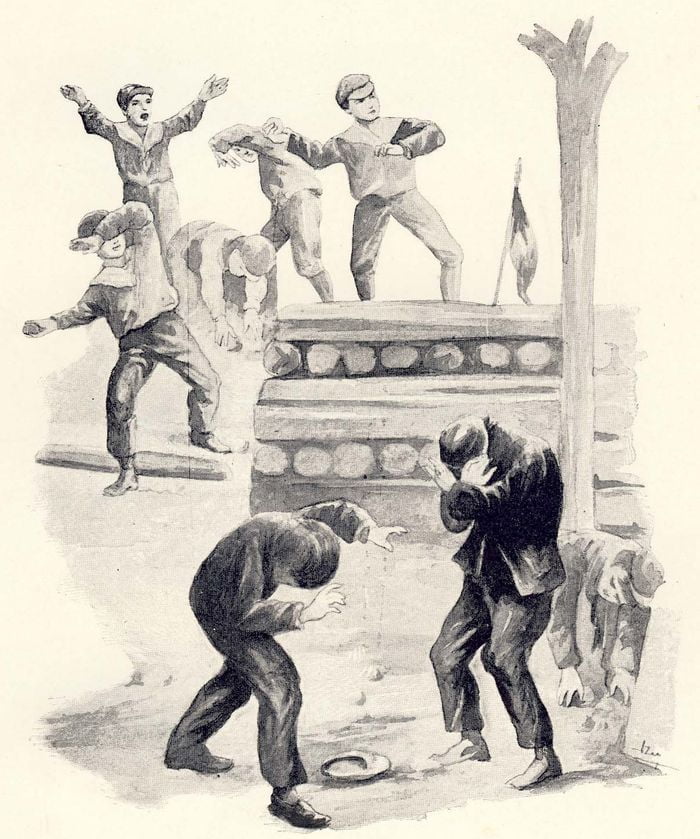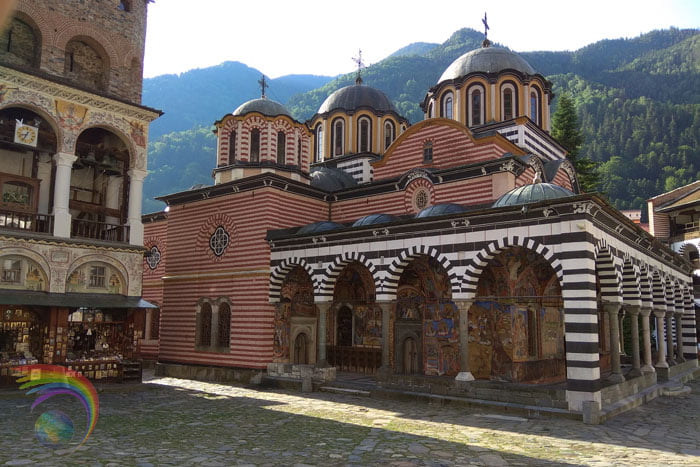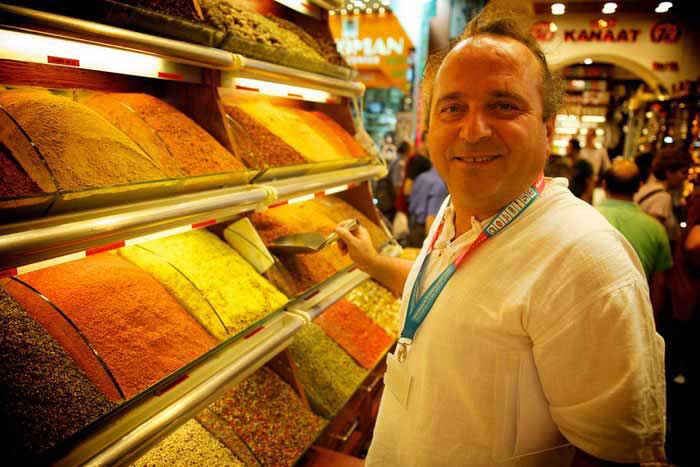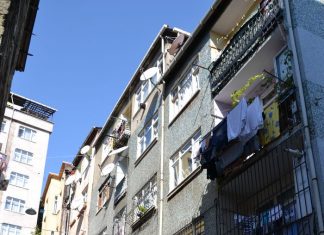Ferenc Molnar (1878-1952)
Molnar was born in 1878 in Budapest, the son, according to the translator of his plays, “of a Jewish medical practioner. He graduated from the Universities of Geneva and Budapest. His literary career was begun as a journalist at the age of eighteen.” Though Molnar is best known as a dramatist, he was the author of a few novels and several short stories. His is a cynical and worldly-wise philosophy, yet tempered always by a certain sentiment, which is perceptible in the bitter little fable printed in these pages. The Silver Hilt is in effect a parable, related with grace, humour, and a certain curious sentiment.
The translation of the story was made by Mr. Joseph Szebenyei for this volume, and appears here for the first time in English. Acknowledgment is hereby made to the author and translator for permission to use the MS.
The Silver Hilt
A Narrow ribbon of smoke wound its way lightly out of one of the many chimneys of the ancient feudal castle, and rose into the misty autumn dawn as the sun was just beginning to shine. Any well informed serf, noticing the smoke from the valley below, would have known that the cooks were not preparing breakfast for Count Scarlet, or as they called him in the Valley, the Red Scoundrel. In the castle of Count Scarlet the cooks were gentlemen, and never rose before seven in the morning. Any well-informed serf would know what the little ribbon of blue smoke meant.
It was Maestro Conrad Super- pollingerianus who rose so early. He was the Count`s professional alchemist. He had come from Wurzburg a year and a half before and had ever since been working at his alchemy without the least success. Indeed, Maestro Conrad was already awake and up. He was standing by his fire in a long black coat. Over the fire boiled mysterious and strange-smelling concoctions. The man`s long white beard reached to his knees, and whenever he wanted to stroke his beard (which was often) he had to bend down almost to the ground. Even then he could seldom reach the end of it.
He was surrounded by all sorts of mysterious instruments. On the walls hung mysterious charts showing the movements of the stars, and all the heavens were divided into those spheres by which one may read the whims of fate. Everywhere were ovens and smelting-furnaces built of brick, strong jars against which the fire of hell was futile, slabs of lead, shining quartz, enormous bellows which panted like the lungs of a fresh killed dragon, and in a comer on a richly carved stand, under a glass cover on a small velvet pillow, was one tiny bit of gold about half the size of a grain of rice.
Read More about Two Worlds part 1








